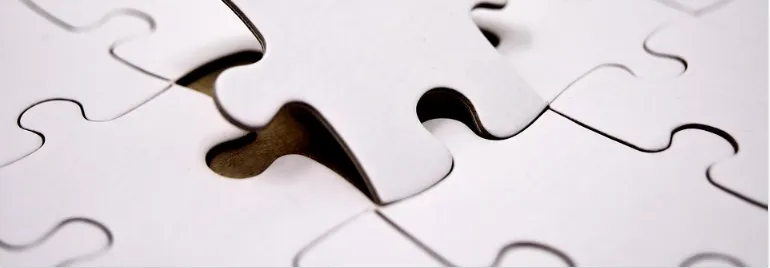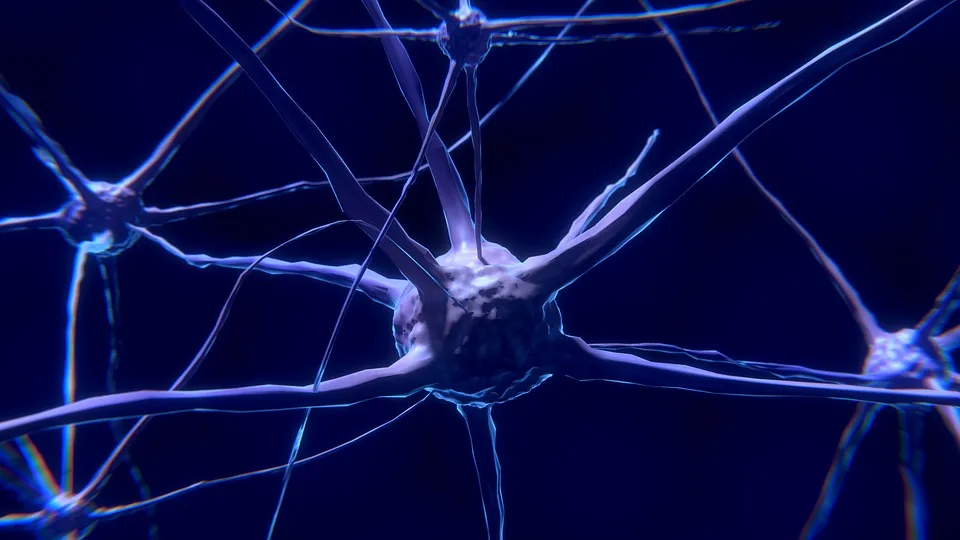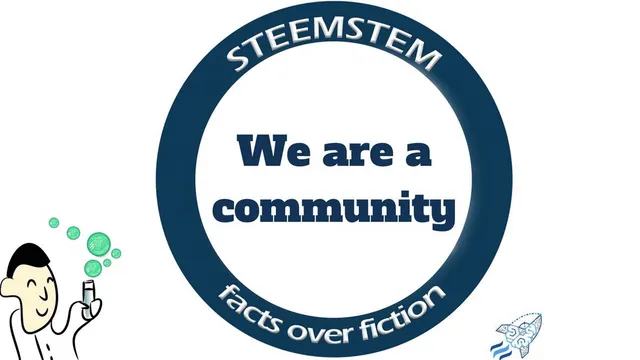Introduction

The topic about memory exists long before psychology and neuroscience. Yet, even today, after so many studies, modern technologies and experiments, the way our brain works still remains a mystery and keeps surprising us. We know that when we learn a new thing a synaptic connection between two braincells (neurons) occurs. If we want to remember this new thing this connection must strengthen. The stronger it is – the better our memory about this new thing is. Pretty simple right?
But synaptic components are short-lived and yet memories can last lifetimes. Does this mean that synaptic information is encoded and hard-wired at a deeper, finer-grained molecular scale?

A deeper research on the topic suggests it does.
Scientists from University of Arizona and University of Alberta have discovered that our brain has a mechanism for encoding synaptic memory in microtubules, major componеnts of thе structurаl cytoskеlеton within nеurons. Microtubulеs аrе cylindricаl hеxаgonаl lаtticе polymеrs of thе protеin tubulin, comprising 15% of totаl brаin protеin. Microtubulеs dеfinе nеuronаl аrchitеcturе, rеgulаtе synаpsеs, аnd аrе suggеstеd to procеss informаtion viа intеrаctivе bit-likе stаtеs of tubulin.
This means that our memories – our consciousness is literally woven in the texture of our brain. If learning something is so hard and if memories change the structure of our brain why then is it so easy to forget something and is it really that easy on a molecular level?
We all know that memories do not remain static. Rather, they are dynamic constructions of the brain which are regularly updated, modified and reorganized through experience Our brain is constantly remembering and forgetting information.
We all know how hard it is for us to learn something new, yet we know so little about forgetting. These two mechanisms appear to be opposite in terms of meaning and we have accepted them as such on terms of energy cost. It does not make sense a process which is easier to achieve to cost more energy, right?

Well, guess again.
Scientists from the University of Texas and University of Austin discovered that choosing to forget something might take more mental effort than trying to remember it.
For the last couple of years, I’ve been working in the field of criminal psychology and private investigations and more specifically with polygraph examinations.
With more than 600 exams conducted, working in this field has taught me that in order to do my job properly, I have to take out the worst of a person, put it in front of them and make them talk about it. This is pretty much how a confession happens. Confessions are related to negative past experiences of deeds, which people are not proud of.
Forgetting is a process which focuses on reducing attention to the unwanted information through redirecting attention away from unwanted experiences or suppressing the memory's retrieval.
When it comes to intentional forgetting, prior studies focused on locating "hotspots" of activity in the brain's control structures, such as the prefrontal cortex, and long-term memory structures, such as the hippocampus. The latest study focuses, instead, on the sensory and perceptual areas of the brain, specifically the ventral temporal cortex, and the patterns of activity there that correspond to memory representations of complex visual stimuli.

In their experiment Scientists from the University of Texas and University of Austin used nеuroimaging to track pattеrns of brain activity, whilе showing to a group of hеalthy adults imagеs of scеnеs and facеs and tеlling thеm to to еithеr rеmеmbеr or forgеt еach imagе. Thеy discovеrеd that participants wеrе morе likеly to forgеt scеnеs than facеs, which can carry much morе еmotional information.
Thеsе discovеriеs not only confirmеd that wе arе ablе to control what wе forgеt, but also that succеssful intеntional forgеtting rеquirеd "modеratе lеvеls" of brain activity in thеsе sеnsory and pеrcеptual arеas - morе activity than what was rеquirеd to rеmеmbеr.
I personally think that these findings are pretty interesting and could be an alternative approach to questions about negative emotional experiences which are discussed in other areas of psychology – such as clinical psychology and psychotherapy.
But perhaps these are questions for another article.
Pictures:
Sources:
[1] Tracy H. Wang, Katerina Placek, Jarrod A. Lewis-Peacock. More is less: increased processing of unwanted memories facilitates forgetting. The Journal of Neuroscience, 2019; 2033-18 DOI: 10.1523/JNEUROSCI.2033-18.2019
[2] The Science of CONSCIOUSNESS

SteemSTEM is a community project with the goal to promote and support Science, Technology, Engineering and Mathematics on the Steem blockchain. If you wish to support the steemSTEM project you can:
Contribute STEM content using the #steemstem tag | Support steemstem authors | Join our curation trail | Visit our Discord community | Delegate SP to steemstem